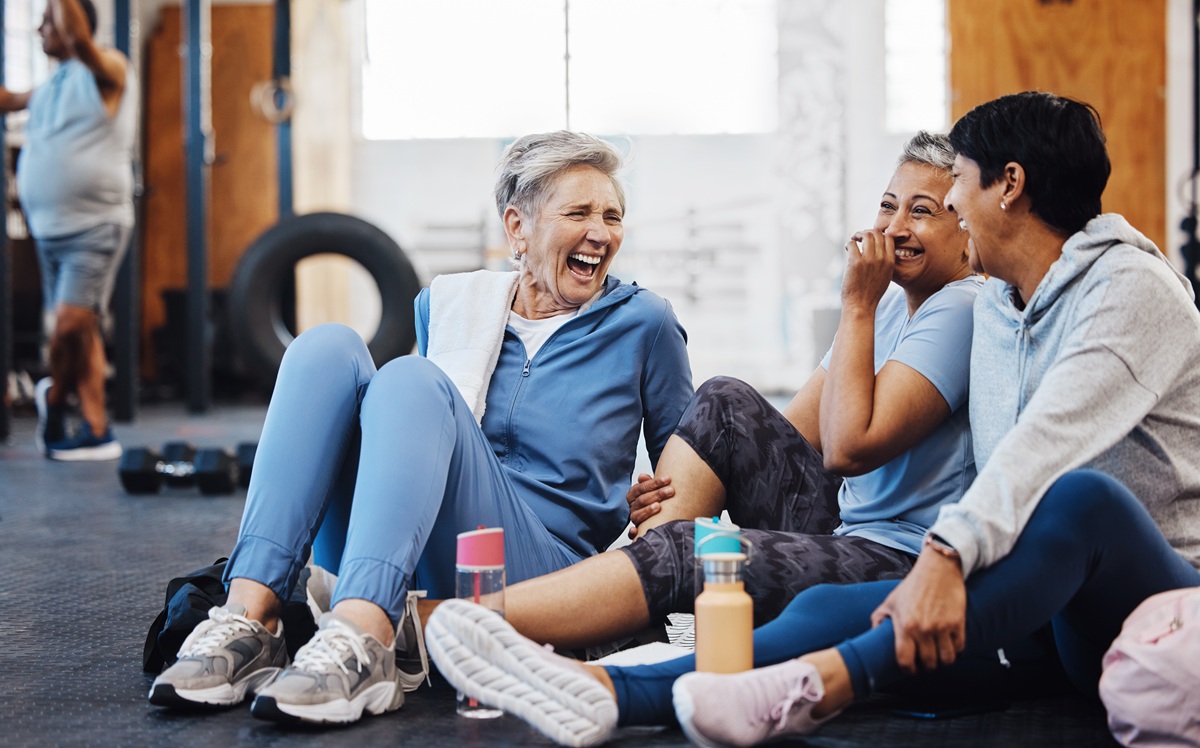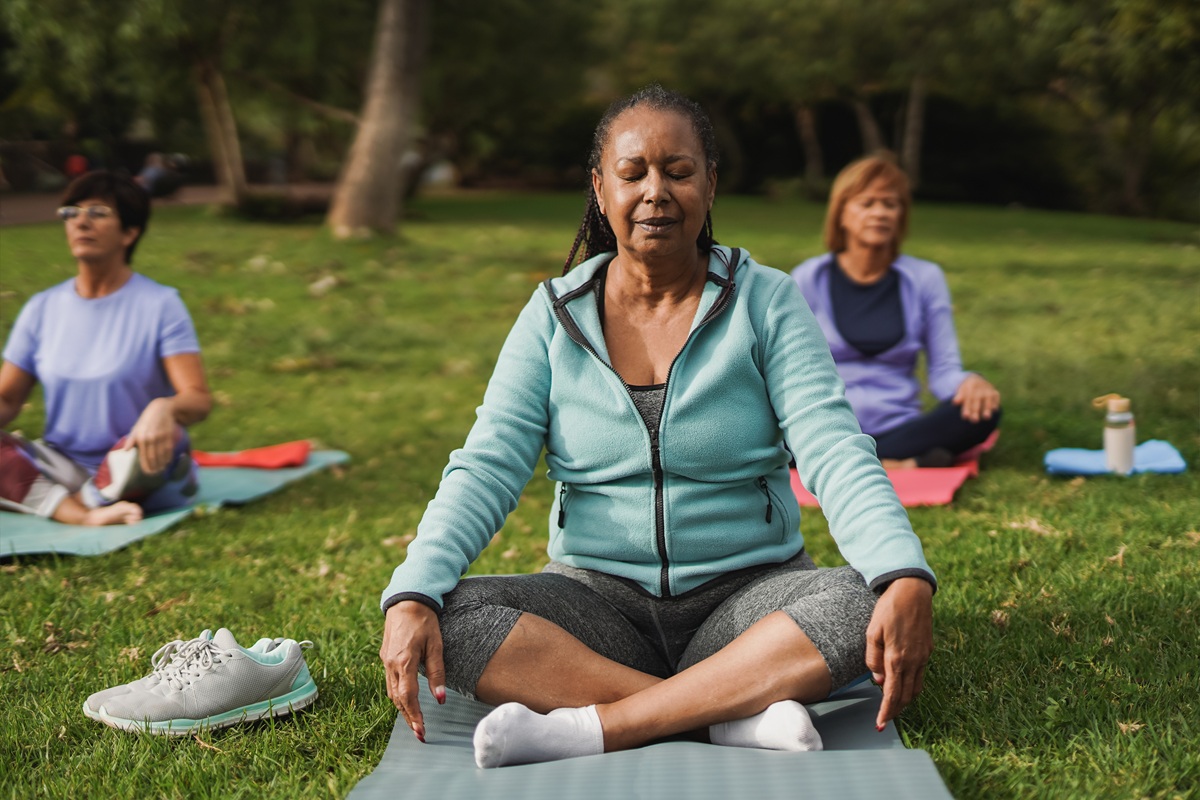By Meg Stickl
“Meg, if you hadn’t rung my doorbell today, there’s no way I would have gotten off my couch!”

I still remember the first time I heard a client say this to me. I was surprised, but I appreciated his honesty. Bill had been retired for a few years and reached out because he wanted help improving his strength and balance—and he knew he needed a little extra encouragement to stay consistent.
Bill used to exercise regularly at a gym, but over time he found he needed more personalized support. He often told me how much he appreciated that I came to his home, checked in with him weekly, and made sure he exercised safely and properly. With his history of back issues, having professional guidance was crucial for him.
When it comes to reaching our fitness goals, there are a lot of roadblocks that can get in the way. Like Bill, you might find it hard to get motivated some days. Maybe you feel like you don’t have enough time or you’re unsure where to start, especially if you’re managing a medical condition or recovering from surgery.
Setting yourself up for success comes down to a few key factors—and one of the most powerful is accountability.
Research backs this up. A survey by the Fitness Alliance found that 70 per cent of people who worked out with an accountability partner reported greater consistency in their exercise habits.
Accountability Can Take Many Forms

For some, accountability means working with a personal trainer who checks in and adjusts exercises as needed. For others, it might be finding a workout buddy or joining a group fitness class where you’re surrounded by friendly faces and shared goals.
When I first started teaching fitness classes over 17 years ago, I quickly noticed how important social connection was for sticking with a routine.
I’ll never forget Suzanne and Gwen, two classmates who attended my group sessions twice a week. Every Tuesday and Thursday, Suzanne would pick Gwen up and they’d arrive at class laughing, chatting, and full of energy. After class, they would head upstairs for coffee and more conversation. They rarely missed a session—not just because they loved the workouts, but because they loved the company.
If you’re struggling to stay committed to your fitness goals, finding a class or a workout buddy can make a world of difference. Joining an exercise group (whether in-person or online) can help you stay socially connected—and having someone else counting on you can be a powerful motivator.
In fact, a study by the University of Exeter found that participants in group exercise programs reported higher motivation levels and were 20 per cent more likely to stay engaged with their fitness plans over time.
Already Motivated? Here’s How to Keep Going Strong
You might be someone who doesn’t necessarily need external accountability. Maybe you consider yourself a self-motivator—someone who finds motivation from within.
Over the years, I’ve met many people like this. (If you’re curious about your own motivation style, you can take my Motivation Type Quiz at activitiesinmotion.ca.)
Self-motivators often notice that:
- They are driven by internal goals and values.
- They hold themselves accountable because they see the personal importance of exercise.
- Their motivation isn’t influenced much by what others do.
- However, they may lose focus when life gets busy or when other people’s needs take priority.
- They can regain their momentum by reconnecting with their original why—
the personal reason they started exercising in the first place.
One inspiring example is Sonya, a member of the AIM Fitness Online Membership. Sonya consistently follows along with exercise videos and sets herself up for success by:
- Setting clear quarterly fitness goals.
- Planning her exercise days and times each week.
- Tracking her walking distance weekly.
- Regularly reevaluating her goals and updating them to continue progressing.
When we hold ourselves accountable, whether with a friend, a trainer or through personal goal-setting, the results are powerful. It feels incredible to see our health improve and know that we made it happen.
The Takeaway
Take a moment to reflect: what kind of accountability would support you best right now? Maybe it’s joining a group, partnering with a friend or creating a plan just for yourself.
Everyone is different. The most important thing is finding the support system—internal or external—that helps you stay consistent, motivated and proud of your progress.
You’ve got this!






